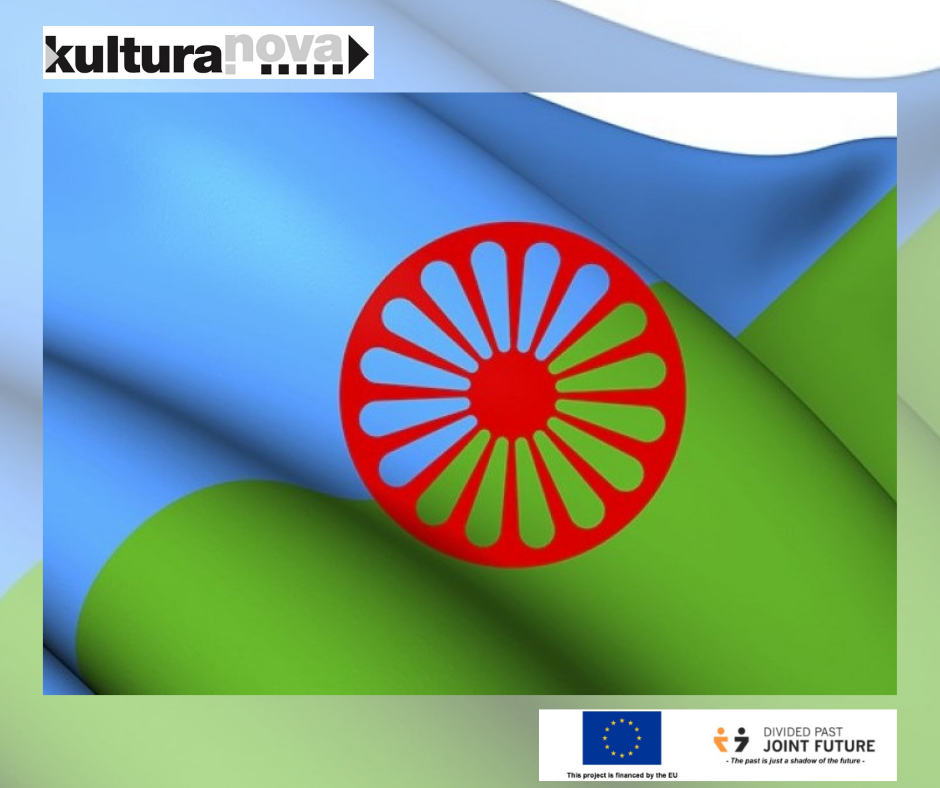
This project is operating in order to implement actions of peacebuilding, intercultural education and advocacy for minorities' rights (in this specific case, those of the Romani minority) which are of crucial importance for the community and part of a bigger plan, such as the Local action plan for the improvement of the position of the Roma in Sremski Karlovci (2016-2022). Moreover, increasing social inclusion and participation of Roma people in society is one of the milestones that Serbia needs to achieve in order to become a European Union member, and this same project supports the promotion of European common values such as human dignity, equality, and respect for human rights, including the rights of persons belonging to minorities.
In our experience on a local level, Roma children and teenagers have proved to be eager in participating to educational, creative and leisure activities together with their peers, and their parents have always been supportive of their participation, while the involvement of local volunteers with a background in pedagogy and inclusion that supported NGOs in reaching out to Roma families proved to be extremely useful in building a relationship with them and ensuring participation of their children through time.
Evaluation of activities evidenced the need for continuous free-of-charge nonformal programs for children and teenagers as well as the involvement of specific figures taking care of Roma children and teens' participation and inclusion, as well as highlighted an improvement of the behavior of the non-Roma towards Roma and the reduction of tension between the groups after a certain attendance period. The chosen method, Forum theatre, has a strong potential for expressing relevant issues as well as making them visible to a wide public: moreover, taking into account that the main group our project will work with is children and teenagers, we chose a child-friendly and youth-friendly, innovative and creative approach to topics such as discrimination and exclusion, which might otherwise be distressing and painful to work on for these age groups.
In this way, we aim at providing a bottom-up opportunity for young Roma to make their voice heard and present their needs for respect and inclusion to their non-Roma peers, their fellow citizens as well as different relevant groups within the community.








